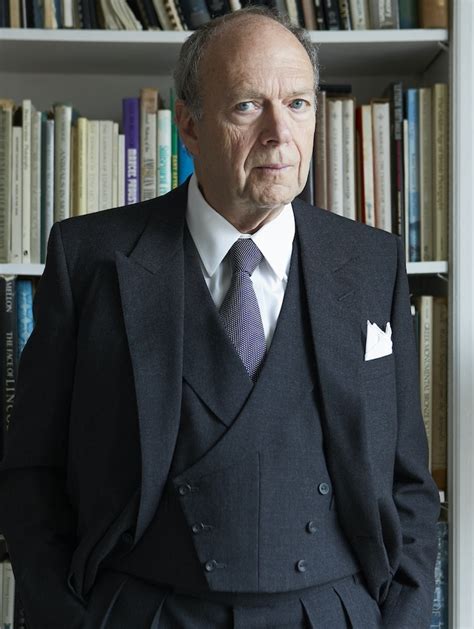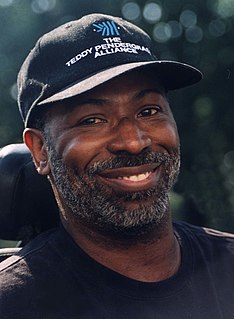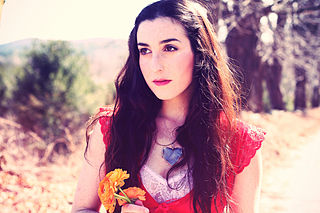A Quote by Leila Slimani
I knew I wanted to write about a nanny, but it was difficult for me to find a narrative rhythm.
Related Quotes
When the media would call and want to interview me, I thought it was 'cause they really wanted to find out what I thought about things. I thought it was because they really wanted to find out who I am. That's not what they wanted. They already in their minds knew who I was and they didn't like it, and they wanted face-to-face opportunities to expose my defects and my problems and my racism and bigotry and all this.
I do find it easy to write songs about heartbreak; it comes really naturally to me. It was a little bit more difficult for me to break my mould and tackle different subjects. You know what it's like because you're a writer. You don't want to tread on the same territory. Writing about the personal stuff was a little difficult because I'd worry about who would read it and who would be offended by it.
There's the internal rhythm within a sequence, and then there's the rhythm between the sequences, and that's extremely important in constructing the narrative. For example, you don't put two big dramatic scenes right next to each other. But you can use the rhythm of the transition shots; they can often serve a double purpose.





































